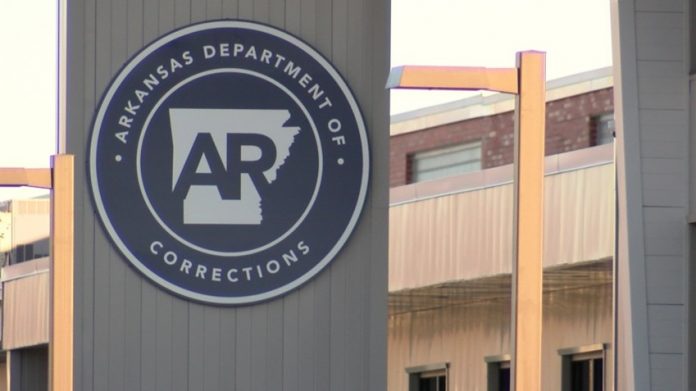Fort Smith, AR — A recent land deal in Franklin County has ignited a firestorm of controversy over transparency, financial accountability, and the future of prison expansion in Arkansas. The Arkansas Development Finance Authority (ADFA) purchased 815 acres of land for $2.95 million in October, with plans to build a 3,000-bed state prison. However, instead of transferring the land to the Arkansas Department of Corrections (DOC), the ADFA opted to lease it for just $1 per year. This move has raised questions about the decision-making process, especially after it was revealed that the lease circumvents the need for legislative approval.
Arkansas lawmakers, including Senator Greg Leding, have expressed concerns that the legislature, which typically reviews large state land transactions, was not given a chance to approve or even weigh in on the land purchase. Leding, who represents part of the state in the Senate, indicated that he believed the transfer of the land would require legislative action. “It was our understanding that the legislature would have to vote to approve the transfer of the land from ADFA to the Department of Corrections,” Leding said. “It did seem like there would be a chance for lawmakers to weigh in on this purchase.”
Senator Bryan King, who represents parts of Franklin County, has been even more outspoken in his criticism, calling the deal deceptive and lacking in transparency. “This is more about deception and just flat-out dishonesty the way this whole deal has been done,” King stated. “That should concern every Arkansan because every taxpayer is going to be impacted by the financial impact of this.”
The ADFA’s decision to lease the land rather than transfer it outright has drawn scrutiny from King and other critics who argue that the lease avoids necessary oversight and public input. According to Thomas Burns, the Board of Corrections’ attorney, the short-term lease was a practical measure to allow the DOC to begin preliminary work on the site, such as setting up utilities, before construction begins. “One of the board members, Lee Watson, made it to where it wasn’t a just lease in perpetuity,” Burns explained. “It’s not a long-term lease. It’s just 12 months while the DOC can go out there and start taking care of some things.”
Despite these explanations, the controversy has persisted, with many questioning whether the public was adequately informed or consulted. King, in particular, has been vocal about the potential financial implications of the project. He emphasized that while the lease may be for a short period, it could still lead to a long-term impact on state resources, and the lack of transparency in the process could undermine public trust.
To address these concerns, King has called for a legislative hearing during the 2025 session to review the deal and examine broader issues surrounding prison expansion in Arkansas. “This whole thing needs a holistic approach, and we need honest, straightforward answers first,” King said. “But, we’ve got to look at the whole problem because if we don’t look down the road, we’re just going to be building another prison, and another prison, and another prison.”
King’s comments reflect growing unease about the state’s strategy for dealing with its overcrowded prison system. While the new prison in Franklin County is touted as a solution to the state’s inmate population crisis, critics worry that it represents a short-term fix rather than a comprehensive plan to address the underlying causes of over-incarceration.
State officials have defended the project, arguing that it is necessary to address the growing demands on the state’s correctional facilities. However, with the deal under increasing scrutiny, the need for a broader conversation about prison reform, rehabilitation, and alternatives to incarceration is becoming ever more urgent.
As lawmakers prepare for next year’s hearing, the debate over the Franklin County prison deal is likely to intensify, with many urging the state to take a more transparent and thoughtful approach to its criminal justice policies. For now, Arkansas residents and lawmakers alike are left grappling with questions about the future of the state’s correctional system and the impact this land deal will have on both taxpayers and the prison population for years to come.

